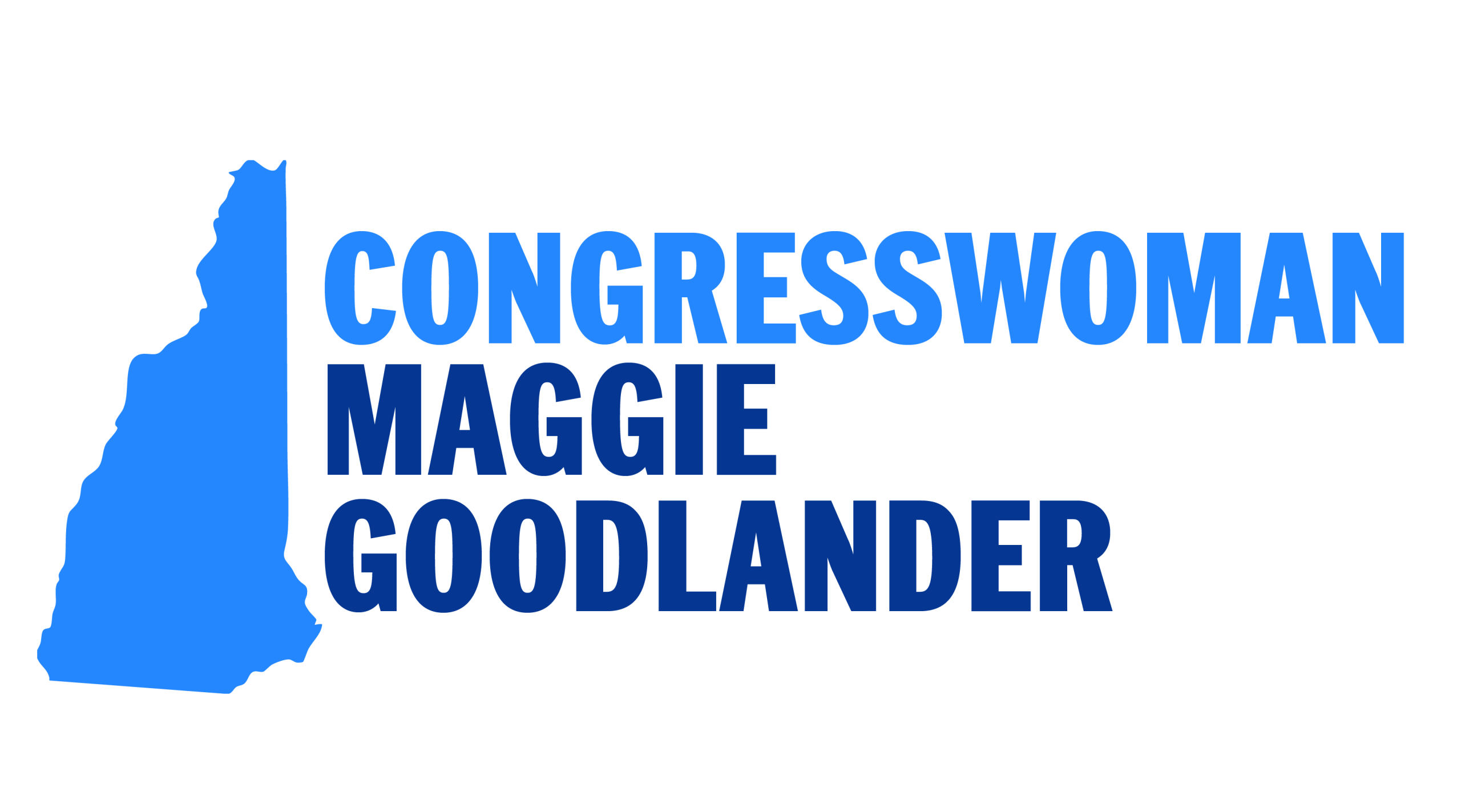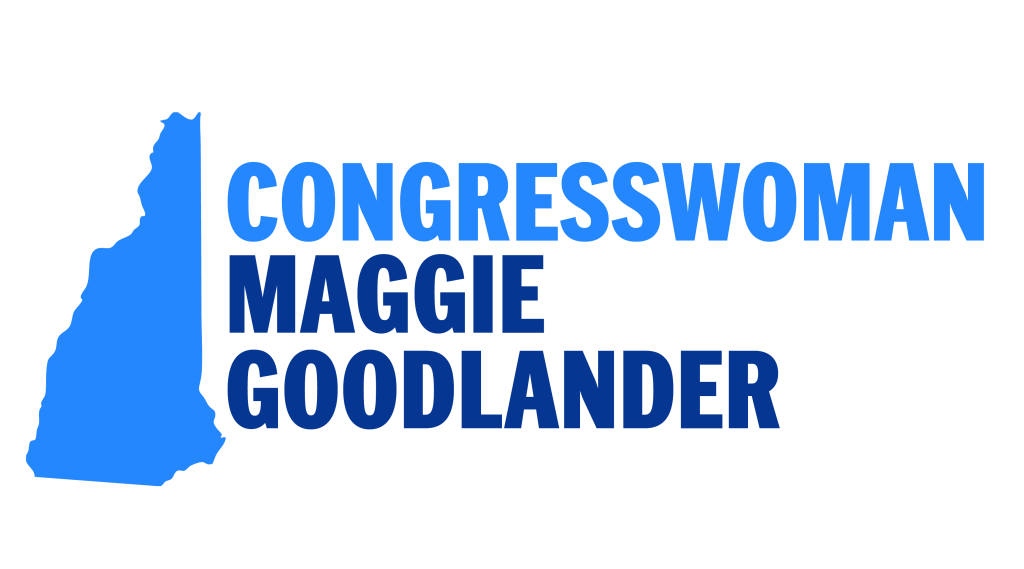State, federal and local representatives of Peterborough attended the kick-off of the official U.S.-Canada Friendship and Solidarity Caravan Friday morning in the Peterborough Town House.
“We are here because care about our country, our community and our neighbors. We are not here as Democrats or Republicans, but as people who understand that Canada is our ally and our partner in prosperity,” Dan Grosz said. “We believe that America works best when we strengthen partnerships, not shutter them, and this partnership has been one of America’s greatest successes.”
Grosz, along with fellow Peterborough residents Karl Kaiser, a professor emeritus of the Harvard Kennedy School of Government, Terry Reeves, Carrie Cutshall and Tom Burgess founded the caravan, a registered 501(c)(3) organization, to call attention to the growing damage caused by recent federal policies, particularly tariffs, on New Hampshire’s economy.
The caravan of about 30 people left Peterborough around 11 a.m. on Friday for an event in Sherbrooke, Quebec, Saturday. The group also included representatives from Canadian trade organizations and government, as well as representatives from Laconia Bike week which depends heavily on Canadian participants.
According to Grosz, of all the 50 states, New Hampshire’s economy is most closely integrated with Canada’s.
Grosz also described the effect of the current political environment on tourism.
“Tourism in New Hampshire was down by 30 percent this summer,” Grosz said. “Business owners in the Lakes Region, small businesses owners are seeing this, and it is really hurting their business. They really rely on those visitors, who are not just visitors– they are our neighbors.”
NH Congresswoman Maggie Goodlander, Karen Liott-Hill, executive councilor for NH District 1; Donovan Fenton, state senator for District 10 and Peterborough Select Board member Bonnie Tucker all spoke about the deep economic partnership between New Hampshire and Canada, particularly Quebec, and the growing indications of economic downturn as result of federal tariffs and the turbulent political climate.
“We are here to talk about the impacts of this senseless, lawless trade war, which has been to hurt the pocketbooks of everyone in this room, and everyone in this state,” Goodlander said. “From Peterborough all the way to Pittsburg, people have been impacted. I’ve seen it in small businesses, I’ve seen it with farmers, and I’ve talked to families all over the state who are struggling as a result of these new tariffs and this political climate.”
Fenton, Goodlander, and Liott-Hill called out the damage already done to the New Hampshire economy by proposed tariffs, as well as the effects of slower border crossings on trade and tourism.
“Our small businesses rely on trade with our neighbors; our economies are intertwined. I am seeing the impacts every day of this chaotic trade policy coming out of Washington,” Fenton said. “One day there are tariffs, the next day they are off, the following week, they are raised again. There is no predictability or consistency or strategy with any of this. For small businesses, like mine and for families across New Hampshire, this instability is devastating.”
Fenton said he has already seen small businesses in the Keene area close their doors as a result of rising costs.
“These are not just figures on a balance sheet; it is hurting real people. It means higher heating bills, higher grocery costs, higher property taxes and all those things hurt New Hampshire families, ” he said. “We need to push back against the chaos that is coming out of Washington–not embrace it.”
Goodlander said she has attended Laconia Bike Week her entire life, and this year saw firsthand the effects of the country’s newly strained relationship with Canada.
“One of saddest things I have ever seen at Bike Week is the map with almost no pins from Canada this year,” Goodlander said. “This year, when I asked the small business owners how it was going, they all said: ‘We are missing the Canadians. Business is not good.’”
Goodlander quoted Ronald Reagan on the U.S. relationship with Canada.
“He said, ‘We are more than friends and neighbors and allies with Canada; we are kin,’” Goodlander said. “In 1985, Reagan called the relationship between the U.S. and Canada ‘the most productive relationship between any two partners in the world today,’ and now, we are seeing that jeopardized. “
Executive Council member Liott-Hill, who represents District 1, including Peterborough, said that Canadian visitors typically contribute $150 to $200 million a year to the New Hampshire economy.
“Travel is already down 40 percent this year due to political tension. State revenues are down for the second quarter in a row,” Liott-Hill said. “Tariff analysis estimates about $400 million in additional cost for New Hampshire families and businesses, and a projected $31 to $51 million annual hit to state revenues.”
Liott-Hill said heating oil prices could be particularly impacted.
“Seventy percent of New Hampshire heating oil comes from Canada. This will have a very real impact on New Hampshire families,” Liott-Hill said.
Tucker read a letter from the Peterborough Select Board which also noted the deep economic ties between New Hampshire and Canada.
“There is $13.5 billion in annual bilateral trade between New Hampshire and Canada,” Tucker said. “Twenty-four-point-nine percent of our international trade involves our Canadian partners, and 13 major New Hampshire companies maintain significant Canadian partnerships.”
The Select Board appointed Tom Burgess as the town’s official representative to the caravan.
On Saturday, Sept. 6 at 10 a.m., participants in the caravan will attend a culminating event in Sherbrooke. Speakers will include Kaiser; Canadian members of Parliament Madame Marianne Dandurand and the Honorable Elisabeth Briere, and David Girard, Chairman of the American Chamber of Commerce in Canada Quebec chapter.















